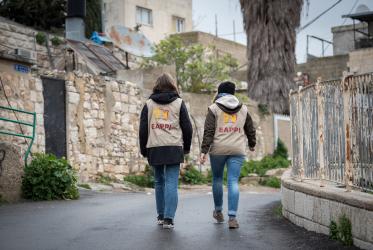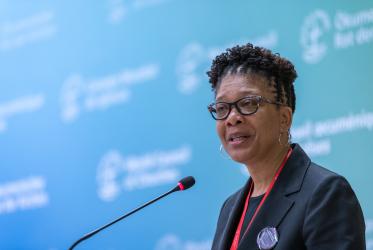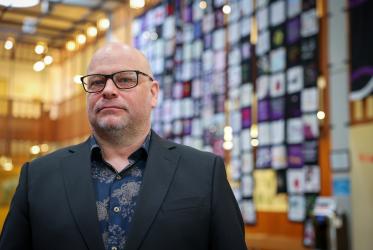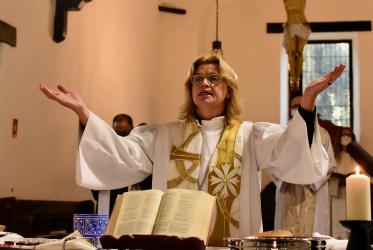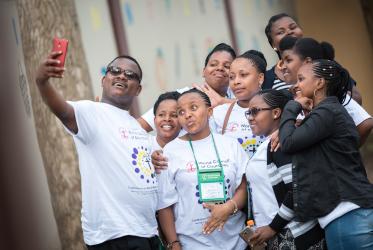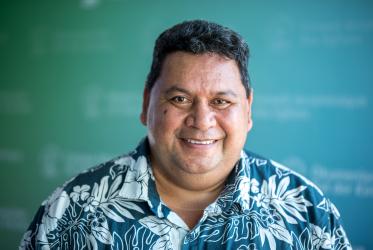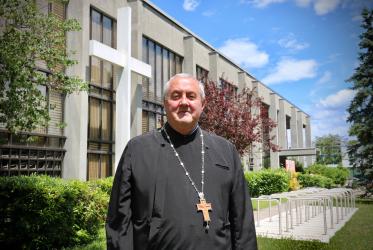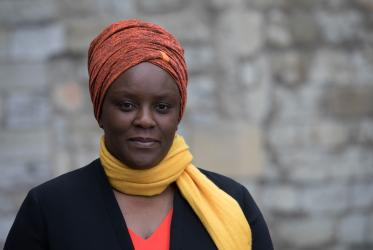Displaying 1 - 20 of 29
25 October 2023
“They want to live without fear and constant harassment”
25 October 2023
Kids Feel Safe Going to School when EAs are Present
23 October 2023
In Chile, “Churches’ ministry of reconciliation is key”
29 November 2022
Promoting human dignity through art
06 September 2022
In Lebanon, “without peace there is no justice”
21 July 2021
